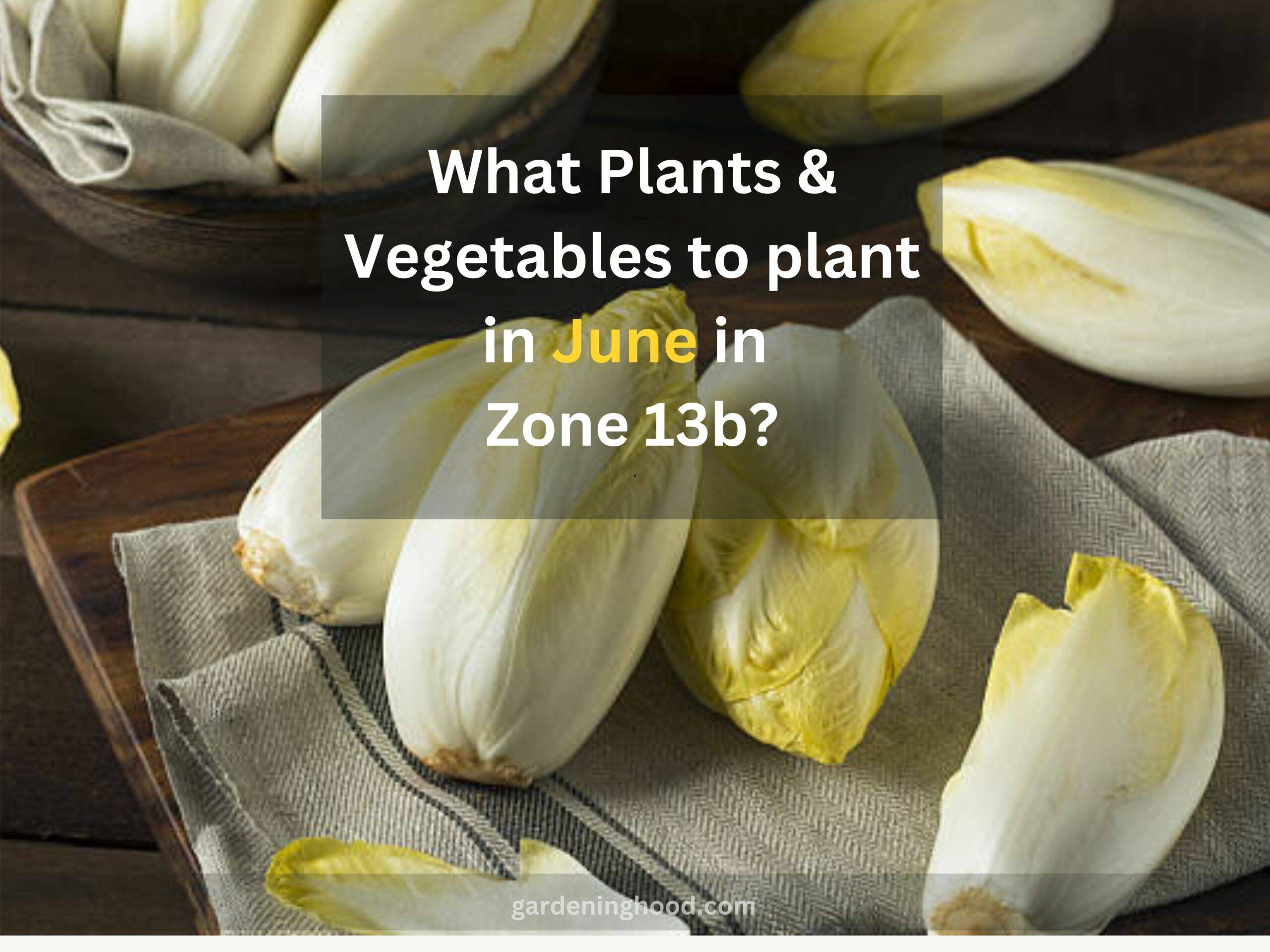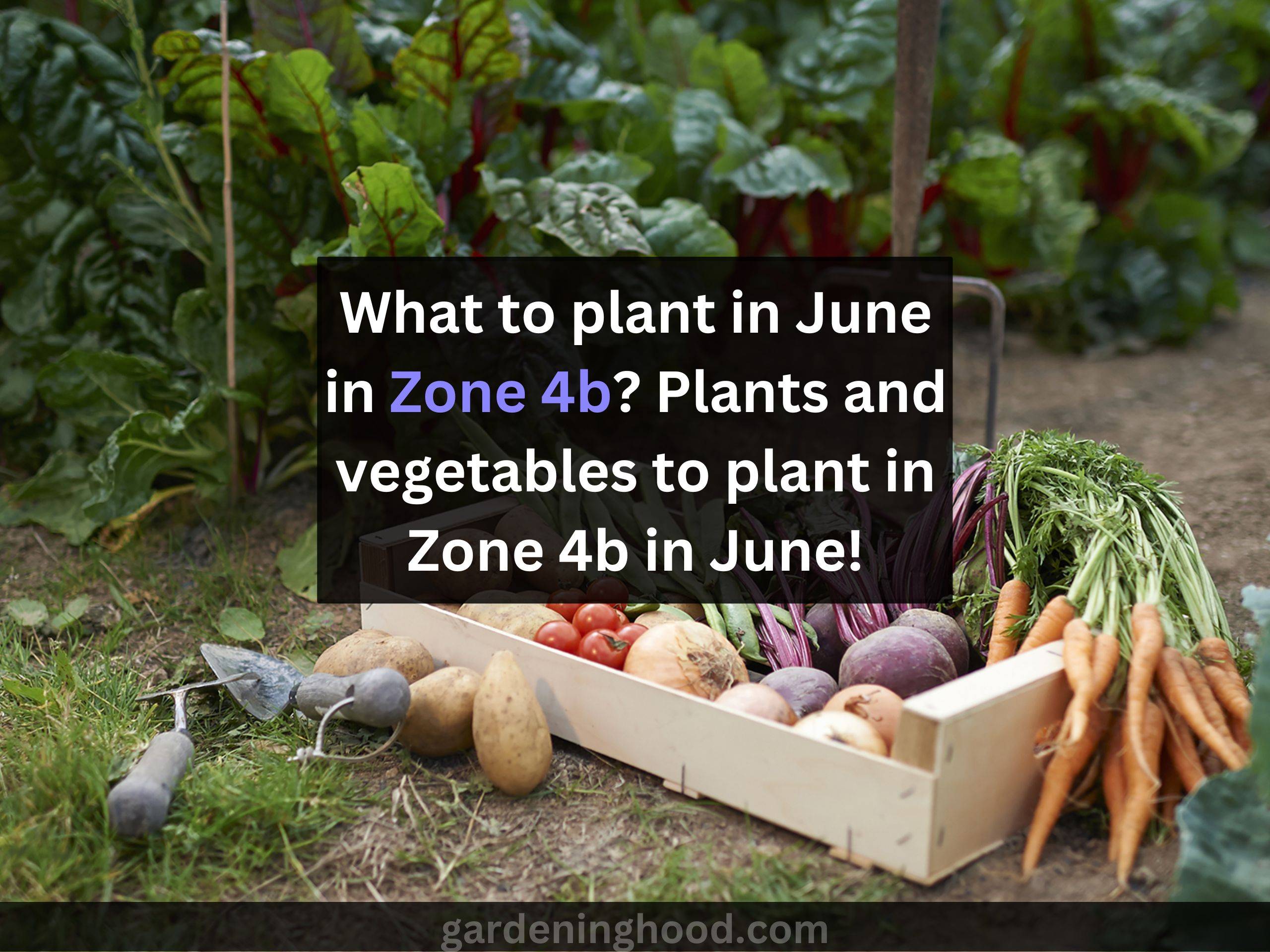What to plant in June in Zone 7a? Plants and vegetables to plant in Zone 7a in June!
Hey folks! Welcome back!
I hope you are doing great in your gardening field. Today I am here with an informative guide for you all that will help you in your gardening field. A person who is going to start the planting in zone 7a needs to know the perfect time to start the plantation to prevent the potential frost damage that occurs to the plants that you grow in your garden.
The plants do have different tolerance levels to cold so you need to know what to plant in a different zone and what to not. In this article, I have explained here about the plantation in June in zone 7a.
Key takeaways:
- In June in zone 6b, the temperature you can experience is up to 0°F which is considered the coldest year.
- Sometimes you would also experience a temperature as low as 5°F.
Hardiness Zones: Why They Matter
Hardiness zones are also known as growing zones that are set up by the US. Department of Agriculture for various gardeners so that they come to know which plants will grow well in the specific location.
So, hardiness zones are one of the ways that will help you in letting know the best period in the year so that you collect the seeds and put them in the ground depending on the location you are growing in and the climatic conditions that include sunlight, and temperature of that location.
There is scaling of the hardiness zones, in which some measures the coolest zones whereas some measures the hottest zones. So, the cold temperature in the region with the scale lies from 1 (Coldest) to 13(Hottest).
More of the US will lie between zones 3 to 9. So, you have to understand the hardness zones of your location depending on the place you are living in. It will help the plants to grow better in their desired location.
What to plant in June in Zone 7a?
The plant to be planted in June in zone 7a includes many varieties of plants that are capable of tolerating the cold. before planning any plant you need to date of frost in the fall as it’s important to make sure that the plants can harvest before the first frost date comes.
The following table will help to know the date and average temperature.
| In spring average Date of the Last Frost | June 15 |
| In the fall Average Date of the First Frost | July 15 |
| Lowest Expected Low | 0°F |
| Highest Expected Low | 5°F |
Zones 6 and 7
So, here comes the important part of this guide. It’s the zones 6 and 7. In these zones, you will see that there are some of the best climatic conditions for the process of germination, especially in the Pacific Northwest, midwest, and mid-Atlantic.
You will observe that some of the seeds tend to grow in the water and like to remain hydrated so that they sprout well.
Some of the seedlings of the plants like Pumpkin, Zucchini, and Squash tend to grow in the moist soil and warm environment into June, which helps in growing the plants at its best.
Also, Beets, Potatoes, and Parsnips will get some of the benefits from June planting. Keep in mind not to provide them with a much rainy environment.
Plants and vegetables to plant in Zone 7a in June!
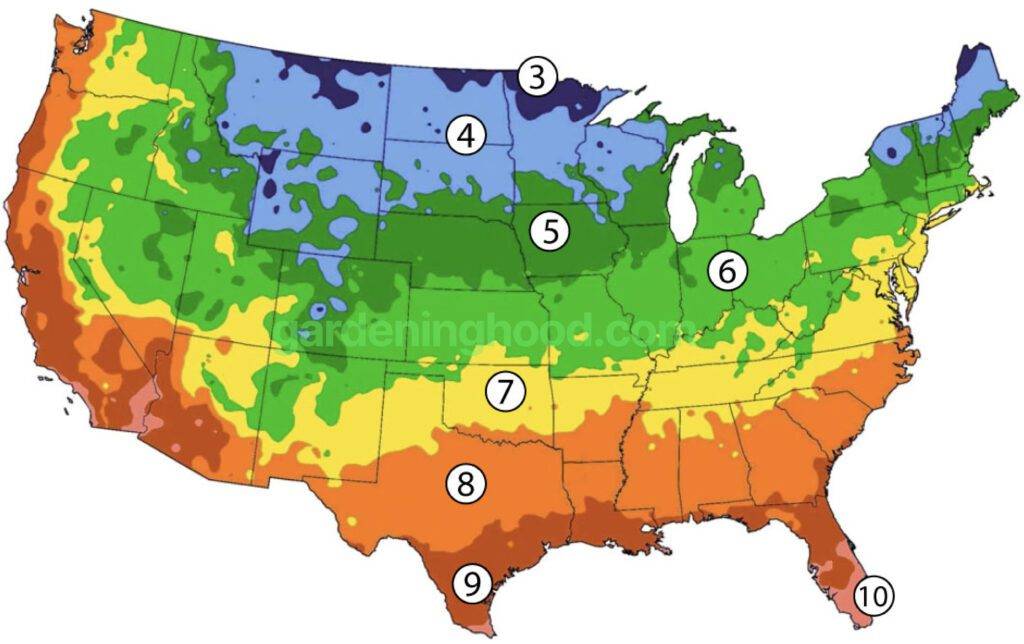
Below is a list of planting that will guide you for Zone 7a in June:
Vegetables:
The following shows the list of the vegetables that you can plant in Zone 7a in June:
- Fennel
- Field Peas
- Garden cress
- Garlic
- Gherkins
- Green beans
- Hamburg root parsley
- Iceberg lettuce
- Indian cress
- Jerusalem artichokes
- Kale
- Kohlrabi
- Leeks
- Lettuce
- Melons
- Mustard greens
- Napa cabbage
- Neeps
- New Zealand spinach
- Okra
- Onions
- Parsnip
- Pea
- Peanut
- Pearl onions
- Peas
- Pole beans
- Potatoes
- Pumpkins
- Purslane
- Radicchio
- Radishes
- Red cabbage
- Rhubarb
- Romaine lettuce
- Romanesco
- Runner beans
- Salsify
- Savoy cabbage
- Scallions
- Shallots
- Snap beans
- Snow peas
- Spinach
- Squash
- Strawberries
- String beans
- Sweet corn
- Sweet Potatoes
- Tomatoes
- Tree onions
- Turnips
- Watercress
- Watermelon
- Welsh onion
- Zucchini
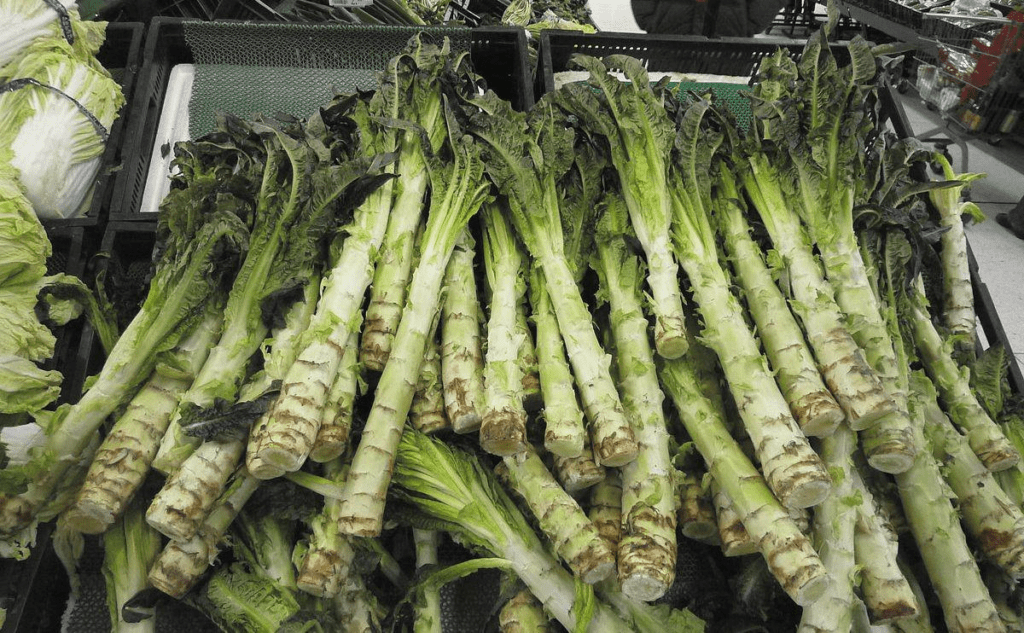
Herbs:
The following shows the list of the herbs that you can plant in Zone 7a in June:
- Dill
- Garden Orache
- Lemon balm
- Lemon grass
- Lovage
- Mustard
- Oregano
- Parsley
- Pennyroyal
- Redvein Dock
- Rosemary
- Sorrel
- Spearmint
- Stevia
- Summer Savory
- Sweetscented Bedstraw
- Tarragon
- Thyme
- Winter Savory

Flowers:
The following shows the list of the flowers that you can plant in Zone 7a in June:
- Abutilon
- Achillea
- Achimenes
- Aegopodium
- African Daisy
- Ageratum
- Ajuga
- Alstromeria
- Alternanthera
- Alternaria
- Alyssum
- Amaranthus
- Anagallis
- Anchusa
- Anemone
- Angelonia
- Angel’s Trumpets
- Arabis
- Arctotis
- Argyranthemum
- Armeria
- Artemesia
- Asparagus Fern
- Asters
- Astilbe
- Aubretia
- Aubrieta
- Aurinia
- Axilflower
- Baby Blue Eyes
- Baby’s Breath
- Bachelor Buttons
- Bacopa
- Balloon Flower
- Balsam
- Banana
- Basket of Gold
- Bee Balm
- Begonias
- Bellis
- Bells of Ireland
- Bidens
- Bishop’s Weed
- Black Eyed Susans
- Bleeding Hearts
- Bloodleaf
- Blue Lace Flowers
- Blue Throatwort
- Bougainvillea
- Bower Vine
- Brachycome
- Browallia
- Brunfelsia
- Buddha belly plant
- Bunny Tails grass
- Caladium
- Calendula
- Calibrachoa
- California Poppy
- Calla Lily
- Calliopsis
- Campanula
- Candytuft
- Canna
- Cardinal Flower
- Carnation
- Catharanthus
- Celosia
- Centaurea
- Cerastium
- Chocolate Daisy
- Chrysanthemum
- Chrysanthemums
- Chrysocephalum
- Cigar Plant
- Cleome
- Clover
- Coleus
- Columbine
- Common hollyhock
- Copperleaf
- Coral Bells
- Coreopsis
- Cosmos
- Crassula
- Creeping Phlox
- Creeping Zinnia
- Crossandra
- Cuphea
- Dahlberg Daisy
- Dahlia
- Dahlias
- Dallas Fern
- Datura
- Daylily
- Decorative Kale
- Delphinium
- Dianthus
- Diascia
- Dichondra
- Didiscus
- Digitalis
- Dipladenia
- Doronicum
- Dracaena
- Dusty Miller
- Echinacea
- Elephant Ears
- English Daisy
- Erysimum
- Euphorbia
- Evolvulus
- Fan flower
- Felicia Daisy
- Festuca
- Feverfew
- Fiber Optic Grass
- Firebush
- Flax
- Flowering Kale
- Flowering Maple
- Flowering Tobacco
- Flower-of-an-Hour
- Forget-Me-Not
- Fountain Grass
- Four O’Clock
- Four-o-clock flower
- Foxglove
- Fuchsia
- Gaillardia
- Galium
- Garden Mums
- Gayfeather
- Gazania
- Geranium
- Gerbera
- Geum
- Gladiolus
- Gloriosa Daisy
- Gloriosa Lily
- Gomphrena
- Guara
- Gypsophila
- Hamelia
- Hardy Asters
- Hardy Hibiscus
- Helianthemum
- Heliotrope
- Hemerocallis
- Heuchera
- Hibiscus
- Hollyhocks
- Hosta
- Hypericum
- Iberis
- Iceland Poppy
- Impatiens
- Iresene
- Jasmine
- Lantana
- Larkspur
- Lavender
- Lavender Cotton
- Lenten Rose
- Liatris
- Lisianthus
- Lithospermum
- Livingstone Daisy
- Lobelia
- Lotus Vine
- Lunaria
- Lupine
- Lysimachia
- Maltese Cross
- Marguerite Daisy
- Marigold
- Matricaria
- Mecardonia
- Melampodium
- Mexican Feather Grass
- Millet
- Mimulus
- Missouri Primrose
- Monarda
- Money Plant
- Monkey Flower
- Moon Vine
- Morning Glory
- Myosotis
- Napa Valley Fern
- Nasturtium
- Nemesia
- Nicotiana
- Nierembergia
- Nigella
- Nolana
- Oenothera
- Oleander
- Oriental poppies
- Ornamental Grasses
- Osteospermum
- Oxalis
- Painted Daisies
- Painted Tongues
- Pampas Grass
- Pansies
- Pennisetum
- Penstemon
- Pentas
- Peonies
- Perilla
- Periwinkles
- Petunias
- Phlox
- Pincushion Flower
- Platycodon
- Plectranthus
- Polka Dot Plant
- Polygonums
- Poppies
- Portulaca
- Primroses
- Primula
- Purple Bell Vines
- Purple Coneflower
- Purple Rock Cress
- Pyrethrum
- Red Hot Pokers
- Regal Geranium
- Rock Cress
- Roses
- Ruby Grass
- Rudbeckia
- Sagina
- Salpiglossis
- Salvia
- Santolina
- Sanvitalia
- Saxifraga
- Scabiosa
- Scaevola
- Scarlet Pimpernels
- Scarlet Runner Beans
- Schizanthus
- Scutellaria
- Sedum
- Shasta Daisys
- Skullcap
- Snapdragons
- Snow-in Summer
- Statice
- Steirodiscus
- Stocks
- Stoneseed
- Strawflowers
- Streptocarpella
- Sunflowers
- Sutera
- Swan River Daisy
- Sweet Peas
- Sweet Potato Vine
- Sweet Sultan
- Sweet Williams
- Sweet Woodruff
- Tagetes
- Tall Phlox
- Thunbergia
- Tithonia
- Torch Lilys
- Torenia
- Trachelium
- Trailing Portulaca
- Transvaal Daisy
- Trifolium
- Tritoma
- Tropical Hibiscus
- Tropical Water Plants
- Twinspur
- Verbena
- Veronica
- Vinca Vine
- Violas
- Violets
- Xeranthemum
- Yarrow
- Zinnia
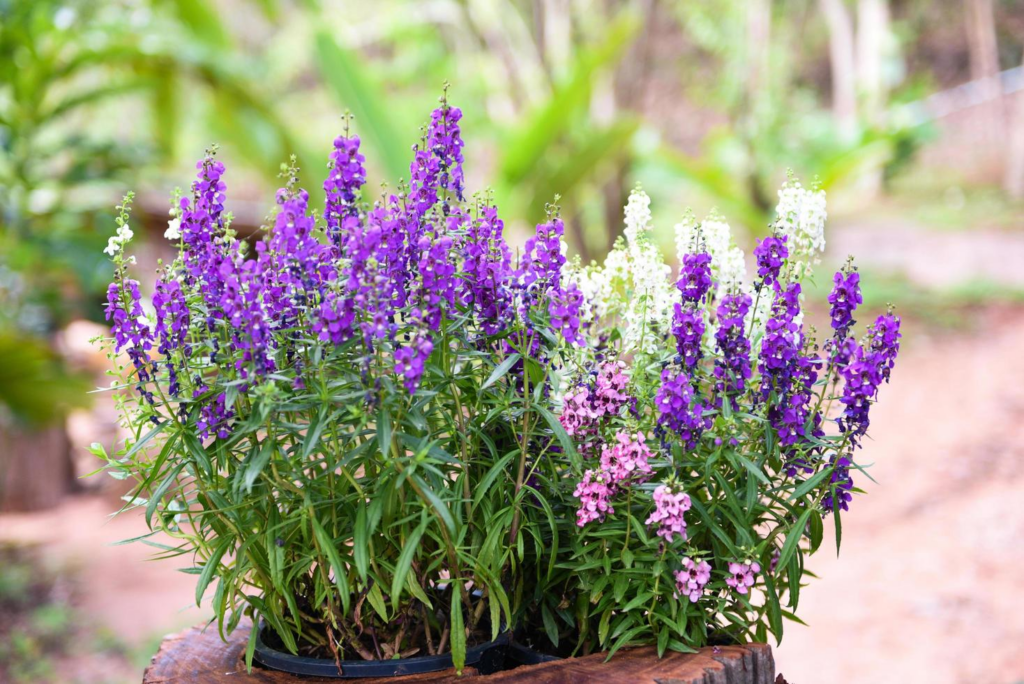
Conclusion:
Folks, in this guide, you come to know that Hardiness zones are also known as growing zones that are set up by the US. Department of Agriculture for various gardeners so that they come to know which plants will grow well in the specific location.
So, hardiness zones are one of the ways that will help you in letting know the best period in the year so that you collect the seeds and put them in the ground depending on the location you are growing in and the climatic conditions that include sunlight, and temperature of that location.
The above-mentioned list of plants are vegetables, herbs, and flowers that you can plant in June in 7a and will help easily to plant the plants according to the zone without any wastage of money and time. I hope you are clear with the guide.
Thanks for reading! Happy Gardening!
